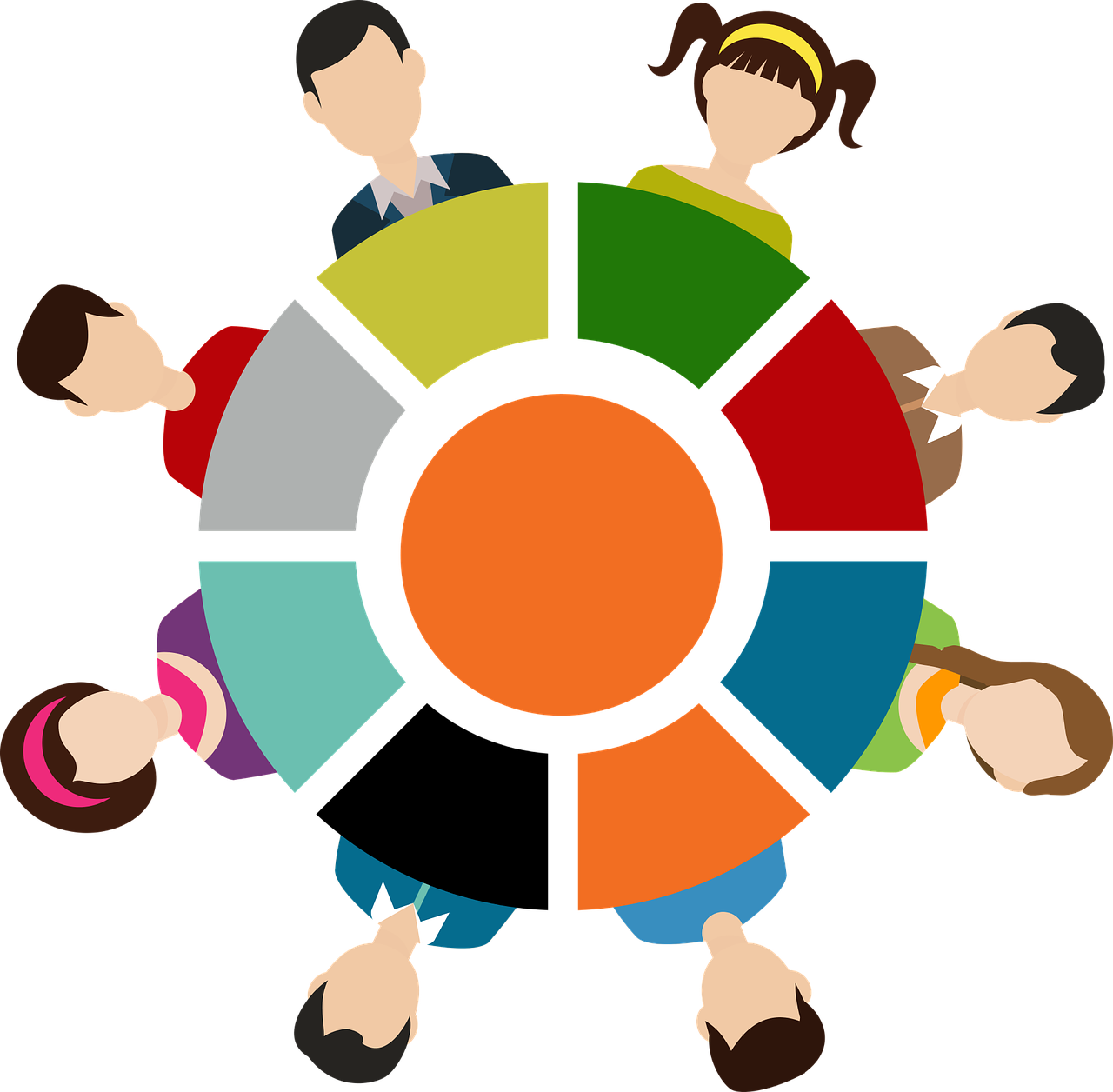“Conflict is inevitable in a team, in fact, to achieve synergistic solutions, a variety of ideas and approaches are needed. These are the ingredients for conflict”.
Susan Gerke, former manager at IBM, Leadership Development, currently President of Gerke Consulting & Development
The next time you find your team arguing, don’t panic, arguments can actually be good for your business!
Conflicts within a team are normally viewed with a great deal of trepidation as people fear it could be the start of team failure. However, conflicts are only bad if they create discord within the team. There is the growing realisation that teams can actually excel in the presence of certain types of conflict.
If your teams are arguing over things such as the best way to go about cost cutting, how to counter a formidable competitor or how to make the work force more productive, then they will probably find a terrific solution. The conflict is a difference of opinion on the right course of action which can foster productive discussion. This is called a task led conflict. Task led conflicts can have a positive impact on team output and need not be shunned.
If, on the other hand, team members display open dislike for each other and are having a ‘war of words’ over matters such as why certain information was not shared or why a certain tone of voice was used, then this is not good news. The likelihood of the team successfully patching up and continuing as an effective group becomes slightly remote. This type of conflict is a relationship conflict. A relationship conflict is an interpersonal issue and can include animosity and heated arguments where resentful words are exchanged. This type of conflict has a distinct negative effect since it is mood altering and affects the atmosphere in the team. It creates a distrustful team environment and a readiness to find fault with each other. Relationship conflict and its negative effects make it difficult for the team to communicate and is a warning sign that team failure is not far behind. Conflict of this nature is predictably bad for business. Intervention becomes a necessity to restore the team’s equilibrium and performance levels.
Experts in the field of psychology world-over are reaching one profound conclusion on the issue of performance and conflict. The complexity of the task and the resultant conflict within the team during the course of performing that task can have a combined positive bearing on the team’s performance. However, the conflict has to be task led and has to evolve from the complexity of the task.
Here’s what well known researcher Professor Stephen Wood writes about conflict in teams:
‘Task conflict has generally been found to have a positive effect on task performance, provided that the level of conflict is appropriate to the complexity and uncertainty of the team’s work. For example, a strategic management team may need high levels of disagreement to facilitate the critical evaluation of decisions; conversely a production team following routine procedures may find that even a relatively low level of disagreement interferes with their work’.
[Source: ‘What is? Conflict in teams’ – written by Stephen Wood, Institute of Work Psychology, University of Sheffield]
What does this mean? A team is presented with a task that is sufficiently complex in nature. During the process the team members come up with divergent views, opinions, strategic directions, and conflicting dialogue. The chances are that the performance and delivery on that particular task will be superior to another far less complex task, where there was also a certain level of conflict present. Most researchers in this field make the distinction between ‘complex task’ vs ‘routine task’.
Here are some examples of complex tasks:
- How to position a new brand in a highly competitive category.
- Explore innovative ways to carry out a particular industrial process so that the overall cost gets significantly lowered.
- Identify methods that can increase employee productivity.
Let’s look at this further. Conflict can lead to better decisions and be a way of exploring an issue from every possible angle, laying out all options on the table. In a highly complex task, when a range of viewpoints are thrashed out and debated, a productive discussion point emerges because important issues surface and get addressed. When the team members spar with each other on vital issues rather than clashing negatively on mundane issues, the team is usually successful in arriving at a good solution. A complex task that creates conflicting opinions positively benefits the outcome on that task.
Typical Patterns in Team Conflict
| Nature of Conflict | Potential Outcomes |
|---|---|
Task Conflict on a Complex Problem:
|
Positive Outcome:
|
Routine Task Conflict:
|
Unfavourable Outcome:
|
Relationship Conflict:
|
Negative Outcome:
|
To make the team process effective and productive, teams must be encouraged to express and openly discuss divergent viewpoints and evaluate those viewpoints before they make decisions. Teams can certainly fail as a consequence of conflict but if it is a task related conflict based on intellectual and experience based differences, then the team has the potential to actually excel. In the final analysis, conflict is not always negative. The reason why a team becomes ineffective and fails at a task is probably because the team members don’t know how to utilize the positive conflicts to their advantage in their decision making process.
 Team Building Portal
Team Building Portal